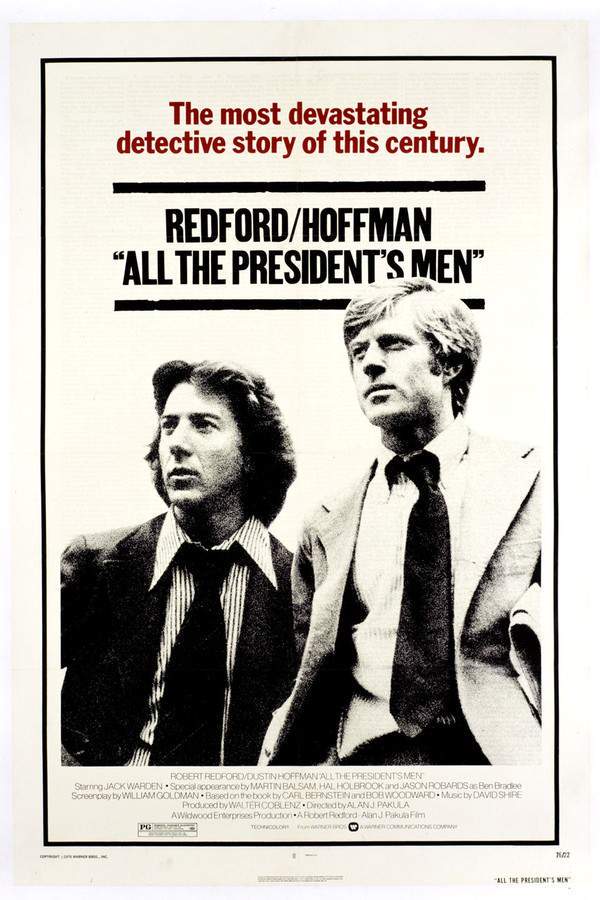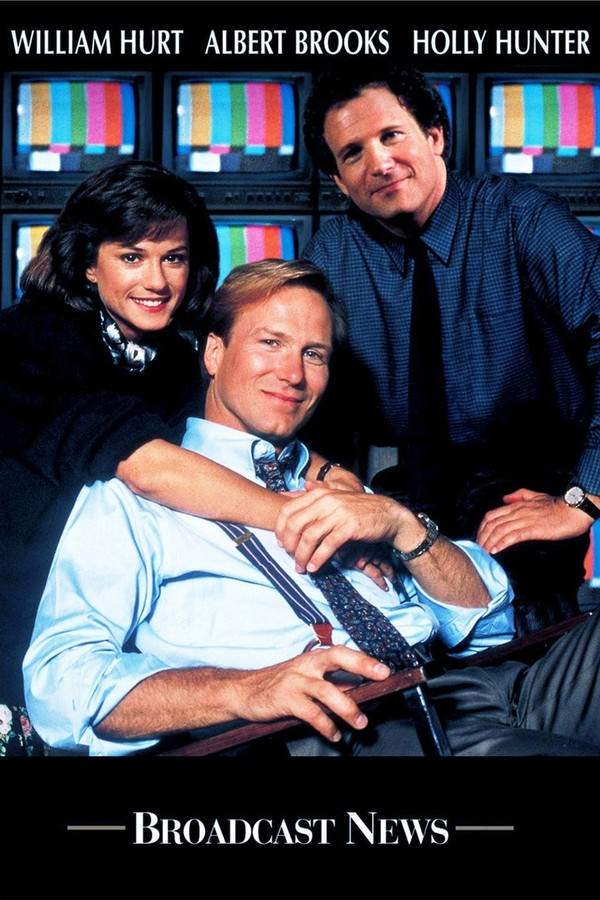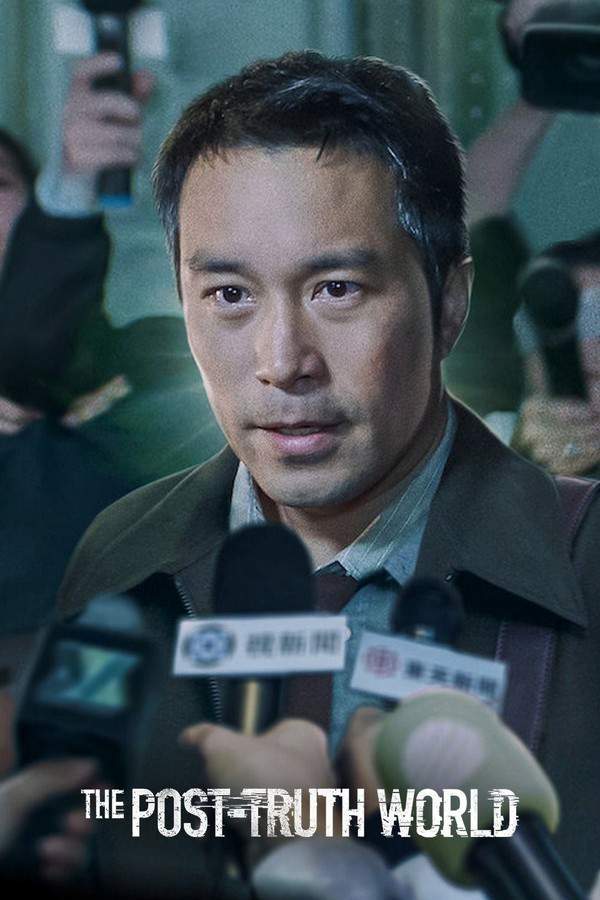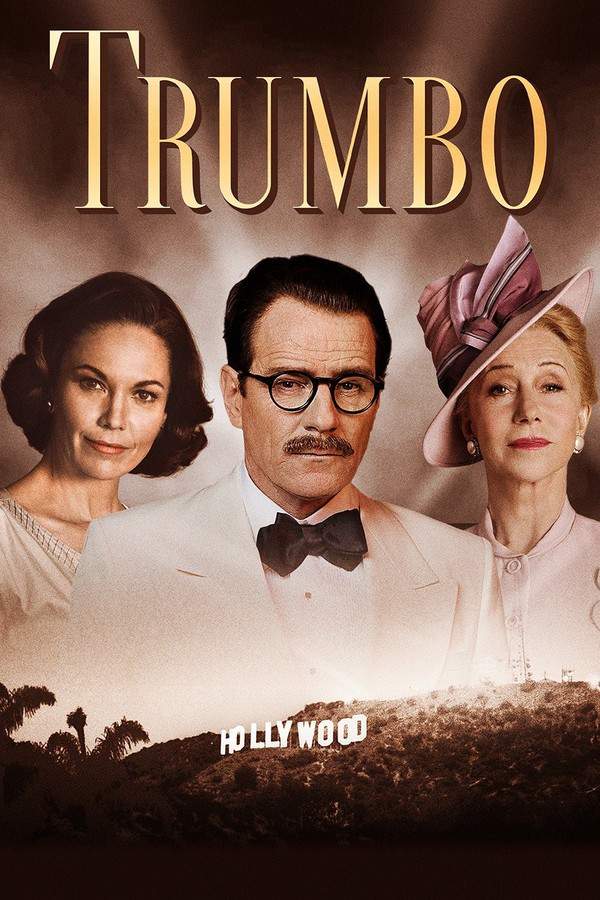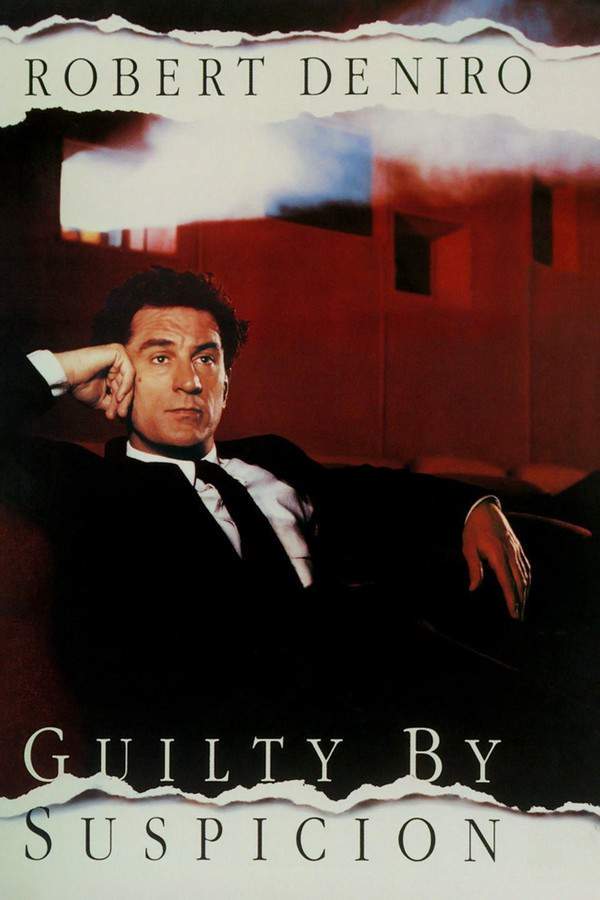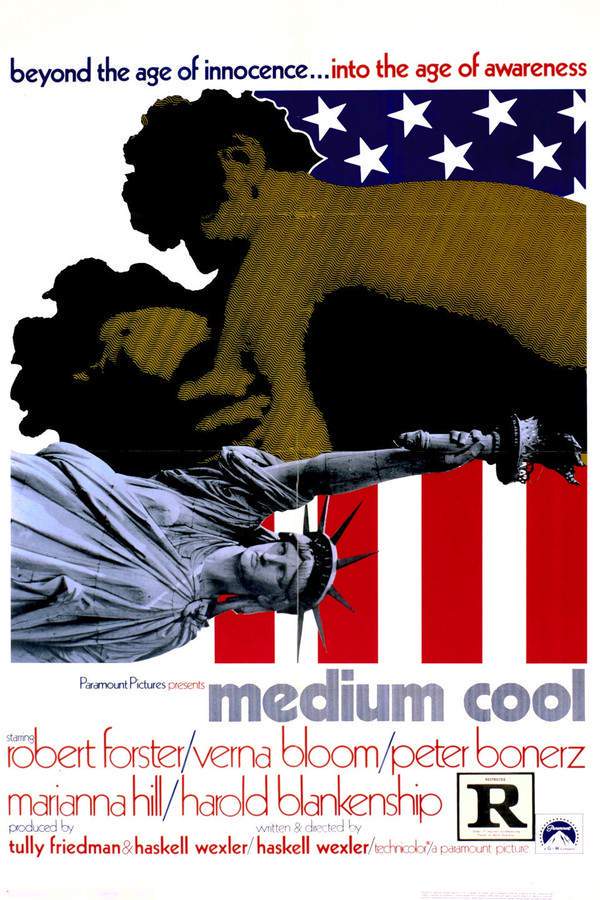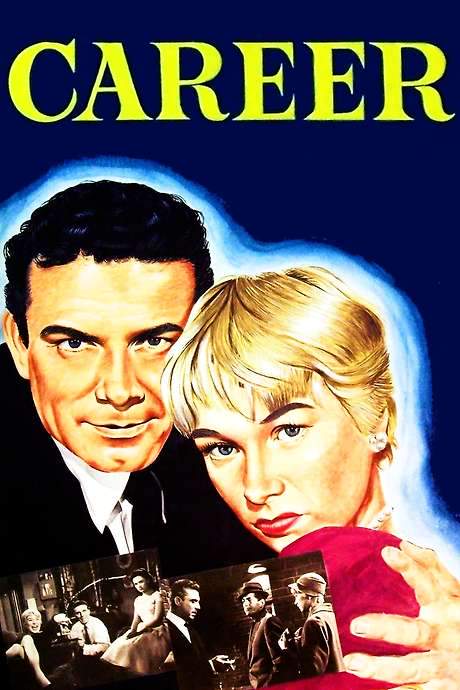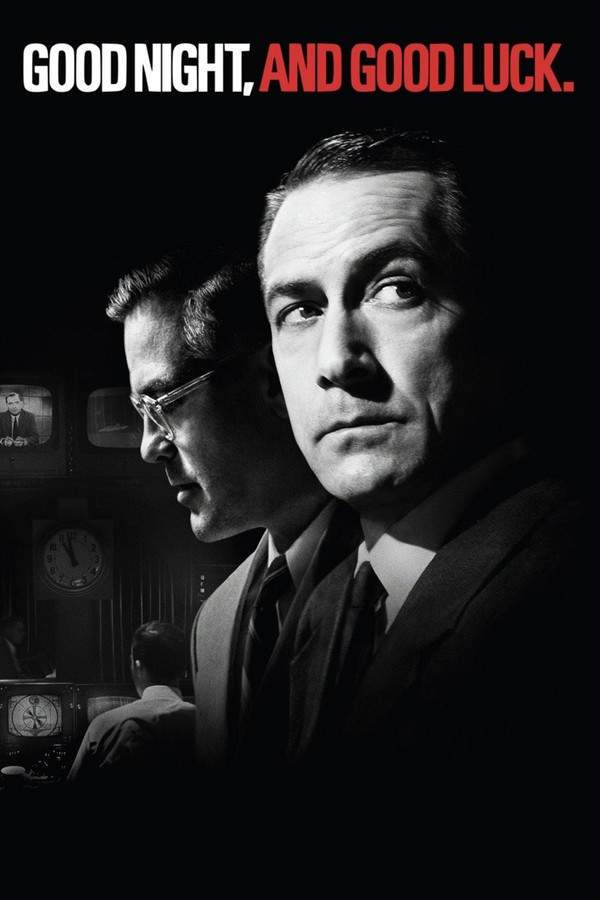
Good Night, and Good Luck. 2005
Test your knowledge of Good Night, and Good Luck. with our quiz!
Good Night, and Good Luck. Plot Summary
Read the complete plot summary and ending explained for Good Night, and Good Luck. (2005). From turning points to emotional moments, uncover what really happened and why it matters.
The film opens on October 25, 1958, during a prestigious dinner honoring Edward R. Murrow (David Strathairn). This gala, filled with elegant attire and glitzy decorations, serves as a background as Ed is heralded as a champion against McCarthyism. Taking the stage, he delivers a powerful speech criticizing journalism’s tendency to focus solely on good news, lamenting how reporters have become disconnected from reality through their quest for escapism. His bold statements create an uneasy atmosphere among the attendees, while Fred Friendly (George Clooney) appears to be enjoying the moment.
As the narrative unfolds, we flash back to 1953, where Joe Wershba (portrayed by Robert Downey Jr.) and his wife Shirley Wershba (Patricia Clarkson) find themselves alone in the copy room. A colleague’s humorous inquiry about their relationship leads Joe to discuss a troubling loyalty oath connected to McCarthy’s regime—if Shirley doesn’t sign, Joe’s job could be at risk. After some deliberation, she consents, and they share a kiss.
The story progresses in a tense conference room with newsmen deliberating potential segments for their upcoming broadcast. While contemplating various topics related to McCarthy, they quickly strike them off the list. A troubling incident involving an Air Force officer from Chicago becomes the focal point; he was dismissed due to his father’s alleged communist connections, and his trial was enveloped in secrecy. The reality of his unfair treatment weighs heavily upon the crew, who fear McCarthy’s wrath should they pursue this story. Ultimately, they decide to send a team to Chicago for further investigation.
In another scene, the crew reviews a poignant clip of the Air Force officer, who expresses his desire for his children to be free from persecution based on their family’s political ties. Now, they face a pivotal decision on whether to air this piece. Ed strongly supports running it, while another colleague remains hesitant due to their sponsorship ties with Alcoa. Fred finds himself in a complicated position, caught between loyalty to Ed and the pressures surrounding them. In a moment that resonates, Ed concludes his segment with the iconic line:
“Good Night and Good Luck.”
Following the airing, as tension lingers in the air, they gather at a bar to check the reviews. Initial praise is soon followed by criticism, especially weighing on Don Hollenbeck’s (played by Ray Wise) conscience, who appears visibly strained by the situation.
Later, William Paley (portrayed by Frank Langella), the head of CBS, reprimands Fred for their controversial coverage, particularly regarding their relationship with Alcoa. Intriguingly, he doesn’t explicitly demand a cease to their reporting, indicating his conflicted stance. Meanwhile, Joe and Shirley navigate their relationship secretly, maintaining compliance with company regulations. However, the mounting pressure escalates when Joe receives a warning from a government official, hinting at potential repercussions for continuing to broadcast critical pieces against McCarthy.
With renewed determination, the news team launches a direct counterattack against Senator McCarthy, covering a senate hearing concerning a suspected communist spy within the Pentagon. While the hearing lacks legitimate foundations, their coverage exposes glaring discrepancies, leading to substantial public outcry. Ed invites McCarthy to defend himself on air, which allows McCarthy to launch his own attacks against Ed.
In a climactic unraveling, the team learns that the Air Force Officer they covered earlier has been reinstated, but they also face the harrowing news of Don Hollenbeck’s suicide—a tragic consequence of the unrelenting pressure. Concurrently, they discover the Senate is now investigating McCarthy himself.
In the midst of workplace tensions, Joe and Shirley are called in regarding layoffs tied to their forbidden marriage. In a defiant moment, they reclaim their wedding rings, and Joe decides to resign, prioritizing integrity over corporate policies. Ed confronts Paley about the network’s decision to reduce their airtime, asserting a commitment to bold journalism despite the potential fallout.
Returning to October 25, 1958, Ed concludes his impactful speech, underscoring the vital role of journalists in holding the public accountable, whether the truth is pleasant or uncomfortable. With a final farewell, he reiterates, Good night and good luck.
Good Night, and Good Luck. Timeline
Follow the complete movie timeline of Good Night, and Good Luck. (2005) with every major event in chronological order. Great for understanding complex plots and story progression.
The Gala Dinner
The film opens on October 25, 1958, during a prestigious dinner honoring Edward R. Murrow. The grand event is attended by elegantly dressed guests, and as Ed takes the stage, he is celebrated as a hero against McCarthyism, setting a tense and vital backdrop for what follows.
Murrow's Powerful Speech
During his speech, Ed criticizes the media's focus on only good news and laments the disconnect reporters have with reality. His observations create an uneasy atmosphere among the attendees, while Fred Friendly appears to appreciate Ed's boldness, indicating the underlying tensions in journalism.
Flashback to 1953
The narrative flashes back to 1953, where Joe Wershba and his wife Shirley find themselves alone in the copy room. Their conversation about a troubling loyalty oath reveals the pressures they face under McCarthy's regime, culminating in Shirley's reluctant decision to sign the oath to protect Joe's job.
The Conference Room Deliberation
In a tense conference room, newsmen discuss potential stories but hesitate, especially regarding those tied to McCarthy. A dismissal of an Air Force officer due to familial communist ties becomes the main focus, leading the crew to decide on an investigation despite fears of McCarthy’s retaliation.
Investigation in Chicago
The crew sends a team to Chicago to investigate the case of the unjustly dismissed Air Force officer. This decision marks a crucial point in their reporting, showcasing their commitment to uncovering the truth despite potential dangers posed by McCarthy’s regime.
Reviewing Emotional Footage
In a poignant moment, the crew reviews footage of the Air Force officer expressing concern for his children's future amidst political persecution. Ed advocates for airing this story, while others hesitate due to sponsorship conflicts, highlighting the tension between journalistic integrity and corporate pressure.
The Broadcast and its Impact
Following the airing of their critical segment, the team gathers at a bar to gauge the public's reaction. While initial reviews are positive, they soon face backlash, particularly as the ramifications affect Don Hollenbeck, who feels the weight of the criticism deeply.
Reprimand from William Paley
William Paley, the head of CBS, reprimands Fred for their controversial coverage, particularly concerning their relationship with Alcoa. His ambiguous stance reveals his struggle between supporting the news team and recognizing the potential dangers of their reporting.
Government Warning
Joe receives a warning from a government official about potential repercussions for their critical broadcasts against McCarthy. This moment heightens the stakes for Joe and Shirley, who navigate their personal and professional lives under constant scrutiny.
Counterattack Against McCarthy
With renewed determination, the news team launches a counterattack against Senator McCarthy during a Senate hearing. They expose discrepancies in his accusations, sparking public outcry against McCarthy, highlighting the power of media in holding figures accountable.
McCarthy's On-Air Defense
Ed invites McCarthy to appear on air to defend himself, providing an open platform for McCarthy to launch counterattacks. This pivotal moment demonstrates the broader clash between McCarthy and the news team, showcasing the risks they take in pursuing the truth.
Tragic Consequences
The team learns that the Air Force officer they supported has been reinstated, a small victory overshadowed by the tragic news of Don Hollenbeck’s suicide. This heartbreaking event illustrates the extreme pressures faced by those in the field and the stakes of their work.
Layoffs and Defiance
Joe and Shirley are called in regarding layoffs linked to their secret marriage, pushing them to confront the realities of workplace regulations. Defiantly, they reclaim their wedding rings, and Joe chooses to resign, prioritizing integrity over corporate pressures.
Confrontation with Paley
Ed confronts William Paley about the network's decision to reduce their airtime, emphasizing his commitment to bold journalism amid corporate fears. This confrontation underscores the ongoing battle for journalistic integrity in a climate of fear and censorship.
Concluding Speech
Returning to the gala on October 25, 1958, Ed concludes his pivotal speech, reminding everyone of journalists' essential role in holding the public accountable. With the iconic closing line, he captures the essence of the film's message about truth-telling.
Good Night, and Good Luck. Characters
Explore all characters from Good Night, and Good Luck. (2005). Get detailed profiles with their roles, arcs, and key relationships explained.
Edward R. Murrow
As a prominent journalist, Ed Murrow embodies the fight for integrity in broadcasting. His boldness in confronting political injustices serves as a catalyst for the narrative, inspiring his colleagues amidst the oppressive climate. He champions the idea that journalism should reflect uncomfortable truths.
Fred Friendly
Fred Friendly is a dedicated producer who grapples with loyalty to both Ed Murrow and the network's corporate interests. His character represents the complexities of navigating professional ethics in a turbulent industry, as he supports bold journalism while facing external pressures.
Shirley Wershba
Shirley Wershba portrays the quiet strength of a woman caught in the tumult of McCarthyism. Balancing her marriage with the demands of her career, she exhibits resilience and courage, reflecting the broader impact of political pressures on personal lives during the era.
Good Night, and Good Luck. Settings
Learn where and when Good Night, and Good Luck. (2005) takes place. Explore the film’s settings, era, and how they shape the narrative.
Time period
1953, 1958
The story unfolds during the mid-1950s, a period marked by the intense political climate of McCarthyism in the United States. It reflects the struggles faced by journalists who sought to expose truths in an environment rife with fear and paranoia, coinciding with key historical moments where public accountability and free speech were at stake.
Location
New York City, Chicago
The film primarily takes place in New York City, a hub of media and culture during the 1950s, known for its bustling atmosphere and pivotal role in journalism. Chicago is also significant as it becomes the focus of the news team's investigation, spotlighting the tension surrounding McCarthyism and the consequences of political affiliations during the era.
Good Night, and Good Luck. Themes
Discover the main themes in Good Night, and Good Luck. (2005). Analyze the deeper meanings, emotional layers, and social commentary behind the film.
📰
Journalism
The film delves into the theme of journalism, emphasizing its role in safeguarding democratic values. It showcases the ethical dilemmas journalists confront when pressured by corporate interests and political entities, highlighting the importance of integrity and truth in media.
⚖️
Accountability
Accountability emerges as a central theme, as the characters grapple with their responsibility to the truth amidst external pressures. The film underscores the necessity for journalists to challenge powerful figures like Senator McCarthy, advocating for transparency in the face of oppression.
❤️
Love & Loyalty
The personal relationships between characters highlight themes of love and loyalty, particularly in the context of Joe and Shirley's secret marriage. Their commitment to each other is tested by the repercussions of their professional lives, illustrating the intertwining of personal and ethical challenges.

Coming soon on iOS and Android
The Plot Explained Mobile App
From blockbusters to hidden gems — dive into movie stories anytime, anywhere. Save your favorites, discover plots faster, and never miss a twist again.
Sign up to be the first to know when we launch. Your email stays private — always.
Good Night, and Good Luck. Spoiler-Free Summary
Discover the spoiler-free summary of Good Night, and Good Luck. (2005). Get a concise overview without any spoilers.
In the smoky halls of a 1950s television newsroom, the nation is trembling under the weight of a relentless anti‑communist crusade. The era is defined by televised speeches, whispered loyalty oaths, and a powerful senator whose accusations ripple through every office and living room. Amid this climate, Edward R. Murrow stands as a seasoned broadcast journalist whose reputation for integrity is both a shield and a target, embodying the uneasy balance between truth‑telling and survival.
Murrow’s partnership with his trusted producer, Fred Friendly, shapes the core of the story. Together they navigate a corporate world where sponsors, advertisers, and network executives constantly test the limits of editorial independence. Their newsroom becomes a crucible where the ideals of free press clash with the pragmatic demands of ratings and funding, and every editorial decision feels like a quiet act of rebellion. The film’s visual texture—black‑and‑white frames, the glow of studio lights, the ticking of typewriters—evokes an atmosphere of solemn urgency.
Within the same walls, younger voices like Joe Wershba and his wife, Shirley, wrestle with personal and professional loyalties, illustrating how the national hysteria seeps into intimate lives. Their quiet moments in copy rooms and conference tables hint at the broader human cost of fear and conformity, while the looming presence of senior management, embodied by figures such as William Paley, underscores the constant tension between corporate ambition and journalistic duty.
Overall, the tone is sober yet charged with a quiet defiance. The film paints a portrait of an industry at a crossroads, where the moral weight of each broadcast can tip the scales of public perception. As Murrow and his team prepare to confront the era’s most formidable forces, the audience is left with a lingering sense of anticipation—wondering how far the pursuit of truth can go when the stakes are the very foundations of democracy itself.
Can’t find your movie? Request a summary here.
Movies with Similar Twists and Themes
Uncover films that echo the narrative beats, emotional arcs, or dramatic twists of the one you're exploring. These recommendations are handpicked based on story depth, thematic resonance, and spoiler-worthy moments — perfect for fans who crave more of the same intrigue.
Featured on this page

What's After the Movie?
Not sure whether to stay after the credits? Find out!
Explore Our Movie Platform
New Movie Releases (2025)
Famous Movie Actors
Top Film Production Studios
Movie Plot Summaries & Endings
Major Movie Awards & Winners
Best Concert Films & Music Documentaries
Movie Collections and Curated Lists
© 2025 What's After the Movie. All rights reserved.




